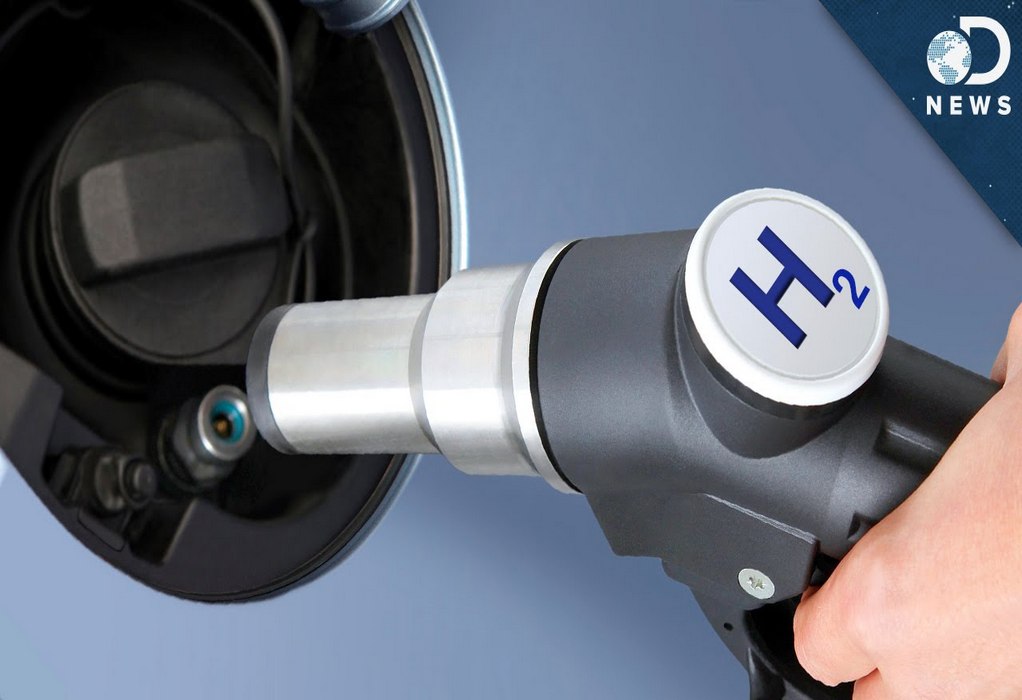German manufacturer Bosch has announced plans to launch its first hydrogen internal combustion engine for trucks this year, to add to its existing fuel cell and battery-electric offerings.
Hydrogen engines are less efficient than fuel cells, so vehicles using them will require more H2 to travel the same distance.
But proponents say they hydrogen engines are cheaper to buy and easier to maintain than fuel cells — which are more easily contaminated by dirt and dust, and require very high-purity H2 to run.
Indeed, in an opinion piece published by Hydrogen Insight in March 2023, analyst Jamie Fox argued that off-road applications such as tractors and mining vehicles “might be a more natural fit” for H2 engines than trucks.
Other manufacturers, including US-based Cummins, German engine maker Deutz and South Korea’s Hyundai Doosan Infracore, are also developing hydrogen engines, with the US company explaining that internal combustion engines are suitable for trucking fleets as they are “a familiar technology to operate, maintain, troubleshoot and service”.
The manufacturer first announced plans to develop a hydrogen engine in May last year, before presenting a Ligier race car fitted with a three-litre H2 engine at the Le Mans 24-hour race in June.
Tags: Bosch, Engine, Fuel Cells, H2 Engines, Trucks



Recent Posts
Robert Allan Ltd. to Design Fully Electric AmpRA 3600 Tug for Tianjin Port
U-Ming Marine Conducts First Bunkering of FAME B24 Biofuel
DNV Validates Electric Hydrogen’s HYPRPlant for Safety, Efficiency and Commercial Readiness
Nepal Eyes Green Hydrogen Future with Policy Push and Hydropower Potential
India Tests First Hydrogen-Powered Rail Coach at ICF Chennai
Scandlines Nears Delivery of Zero Emissions Ferry Following Successful Sea Trials
India faces emission roadblocks with rising net-zero demands
Green Energy Resources invests in two electric Liebherr LHM 550